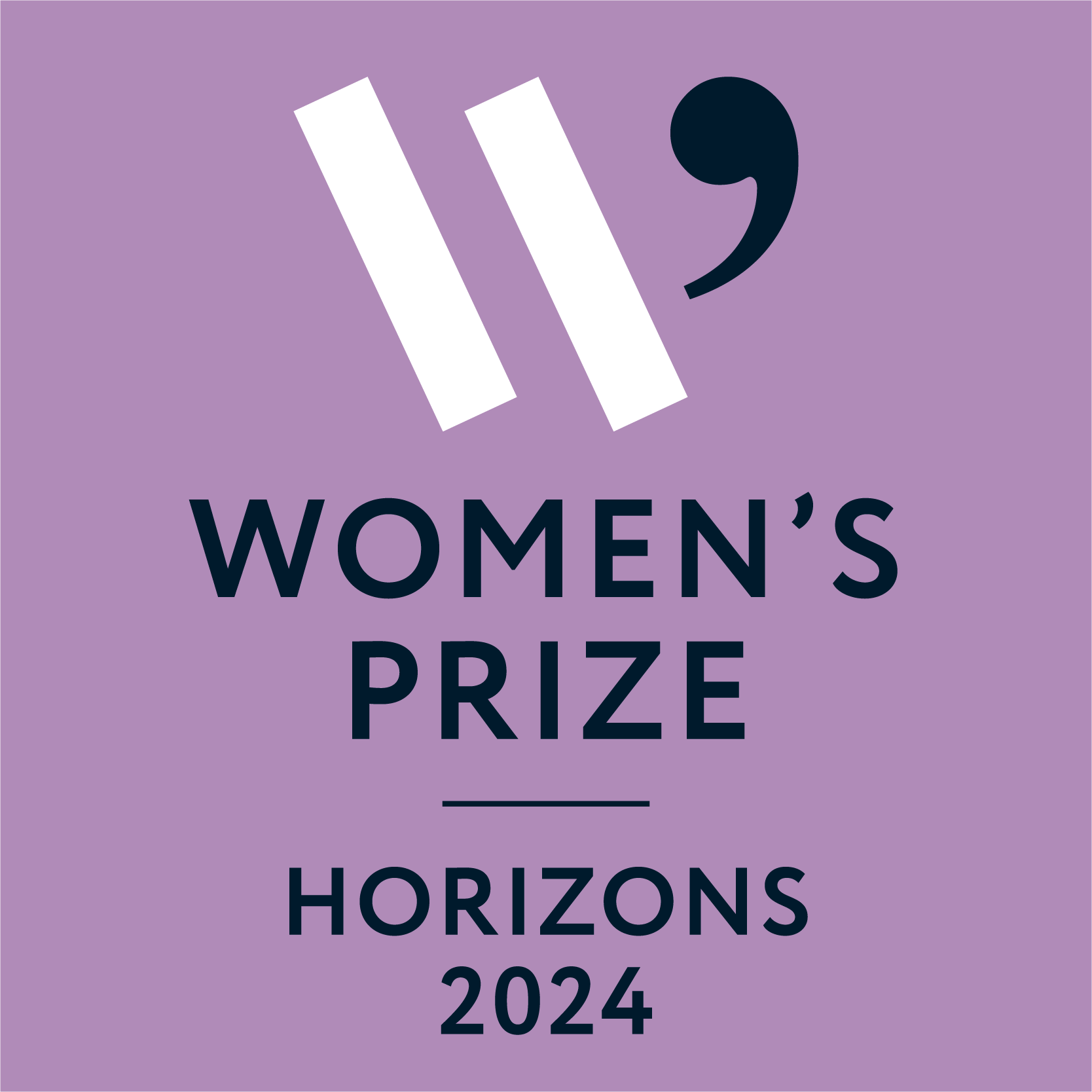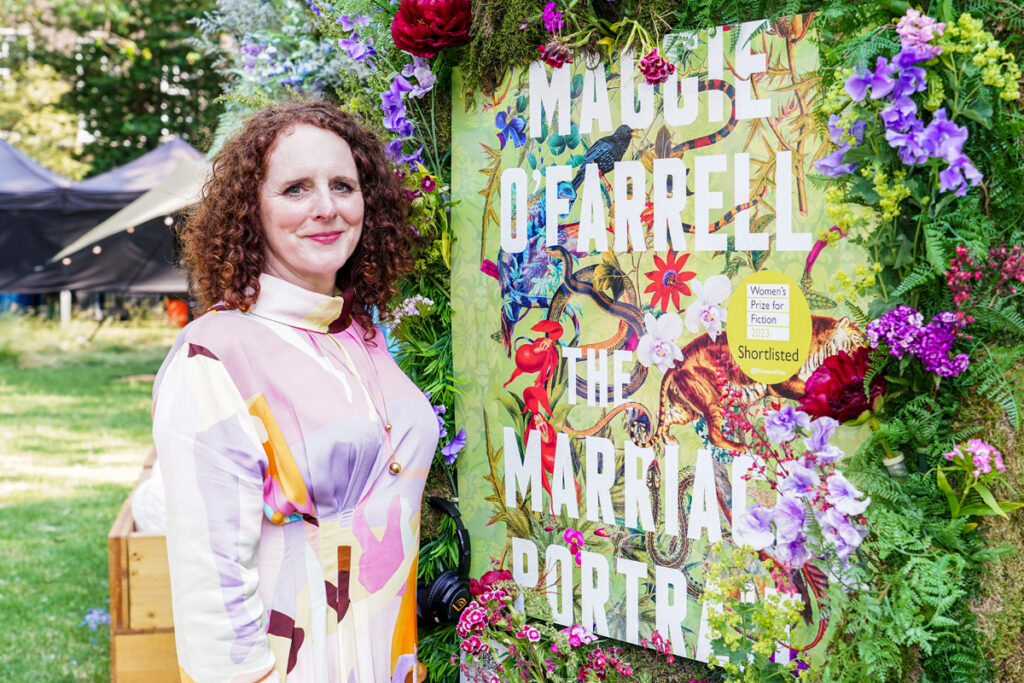The spark of an idea
Whether you are here because you’re curious about the process, it’s a hobby you enjoy, or a career aspiration – we welcome writers one and all!
We want to support you at whatever stage of your writing journey you’re at, so you’ll find lots of resources, inspiration, information and events here, in order to develop your craft, build your confidence, learn about the business of writing, and find your writing crew.


Discoveries, our writer’s development programme is now closed for submissions. We’ll be announcing the 2024 longlist on the 18th April. Don’t be discouraged if you missed the deadline, our writer’s toolkit is full of tips and advice to support you with your writing.

Fiction toolkit

Horizons is a free toolkit designed to inspire and support the next generation of non-fiction women writers. The Horizons Toolkit is made up of writing resources, features and free online events, with contributions from publishing industry experts and leading non-fiction authors.
Non-Fiction toolkit

WRITER'S TOOLKIT
Maggie O'Farrell on writing
As a recent guest on the Women’s Prize for Fiction podcast – which sees inspirational women choose five books that have shaped them – bestselling author Maggie O’Farrell shared her top reads, but she also smuggled in plenty of fascinating insights into her own writing process.
FIND OUT MORE
